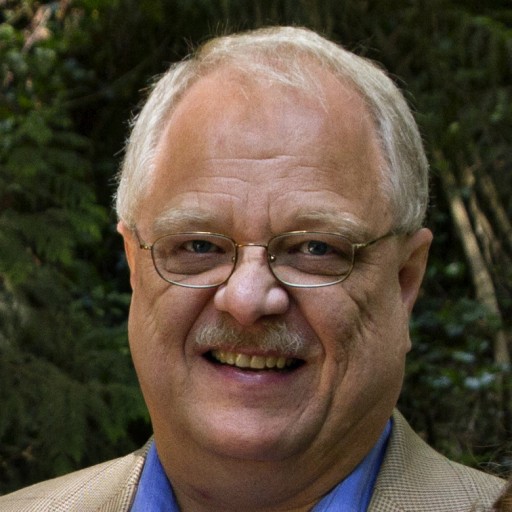Thought Diversity and Innovation
Esther George, president of the Federal Reserve Bank of Kansas City, cast the dissenting vote in her first meeting as a voting member of the Federal Open Market Committee. George did not surprise anyone with her vote. In a speech on January 10, she warned that current policy could have dire consequences in the future.
In the Wall Street Journal report on George’s speech, Federal Reserve Board chair Ben Bernanke was said to welcome opposing views in the Fed’s discussions. Evidently the Fed invites input from those persons who disagree with the majority position and believes that dissenters provide important insights to the current economic challenges.
Researchers agree. A study at Rutgers University looked at the impact of thought diversity on innovation. Twenty-eight teams at 14 companies participated in the study. While other research projects have demonstrated the benefit of diversity in demographics such as gender, race or ethnicity, and age, this study probed the effect of thought diversity. How would differing perspectives influence the outcome of the team’s assignment to innovate?
The researchers concluded that the most innovative teams engaged in connective thinking, that is, a process where previously unrelated ideas interact to generate new insights. This diversity of thought contributed to increased innovation. Team members who learned from those with different views came to new understandings that prompted success. Psychological safety was essential, the researchers discovered. People with differing perspectives shut down in a hostile environment. This silence led to the group’s failure to excel in its mandate to find new solutions.
Unfortunately, voters in more than two-thirds of the states have homogenized state government. In 24 states the Republican party currently holds the governor’s office and controls the legislature. In 13 states the Democrats lead both the executive and legislative branches of government.
In Kansas, the situation is even more pronounced as the voters sent moderate Republicans home and conservative Republicans to Topeka. Some rejoice that the agenda of a conservative governor will work its way through the conservative legislature with little challenge. Governmental gridlock for which the public has expressed its frustration will diminish in Kansas, so they claim.
Not only did the voters reduce diversity in state government, elected officials use their power to reduce possible dissent in the public conversation. Kansas House Speaker Ray Merrick directed the state chief justice to put the annual state of the judiciary report in writing instead of addressing a joint session of the Kansas legislature. Merrick said the decision was in consideration of the multiple tasks the legislators have to complete in a limited time period. Many people, however, suspect it is an attempt to muffle certain voices. Likewise, many observers see the debate about reducing state support of public radio as an attempt to thwart certain views from reaching western Kansas.
The cost is too great. If the researchers are correct that diversity of thought contributes to innovative thinking, then Kansans should lower expectations that the current state government will find innovative solutions to the issues that challenge the state. Researchers reported that groups with a single, shared mindset have less ability to think in ways that foster innovation.
In the political process these days, compromise is a bad word. But we don’t need compromise as much as we need creative solutions to the rapid, discontinuous change we experience in society. State leaders who control the agenda should open the process to a variety of voices and really listen when someone speaks. Political parties must find and equip articulate candidates for future elections. Voters need to abandon the notion that a monolithic government best serves our collective good.
An edited version of this article appeared in the Kansas City Star Midwest Voices column, February 23, 2013.

